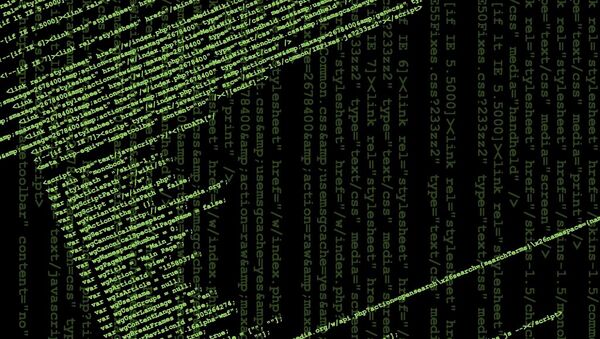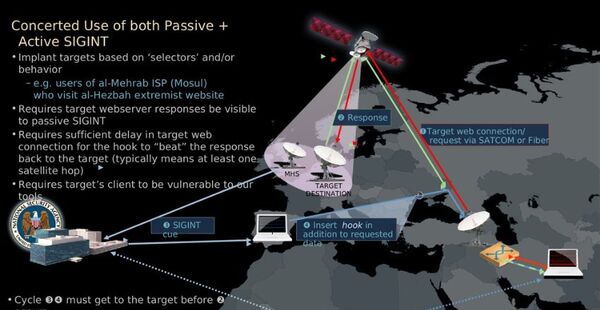Werner Koch is the man who built the free email encryption software used by whistleblower Edward Snowden, as well as hundreds of thousands of journalists, dissidents and security-minded people around the world, and he almost went broke in the past few months supporting his free creation.
The software, known as Gnu Privacy Guard or GPG, was written in 1997, and since then has been almost single-handedly run by Koch from his home in Erkrath, Germany.
"I'm too idealistic," he said in an interview. "In early 2013 I was really about to give it all up and take a straight job." But then the Snowden news broke, and "I realized this was not the time to cancel," reports Pro Publica.
As Koch said in the interview, much of the Internet's security software is underfunded and that is becoming increasingly problematic. Last year, during the Heartbleed bug, he wrote that while the US spends more than $50 billion per year on spying and intelligence, pennies go to Internet security.
He revealed that an encryption program used by companies like Amazon and Twitter was sustained by just four programmers, only one of whom called it his full-time job. A group of tech companies helped out by providing funding.
After the Snowden news broke, Koch decided to launch a fundraising campaign. He set up a petition at a crowdsourcing website, made t-shirts and stickers to give to donors, and advertised it on his website. In the end, he earned just $21,000.
Koch believes that providing the basic software code for free is the best way to show that there are no hidden exits in it giving access to spy agencies or others.
However, this means that many important computer security tools are built and maintained by volunteers.
Now, more than a year after Snowden's revelations, Koch is still trying to raise enough money to sustain his family and to fulfill his dream of hiring a full-time programmer.
After his interview was published Werner Koch was awarded a one-time grant of $60,000 from Linux Foundation's Core Infrastructure Initiative. Donations also came to Werner's website page and he reached his funding goal of $137,000 to continue his work.





